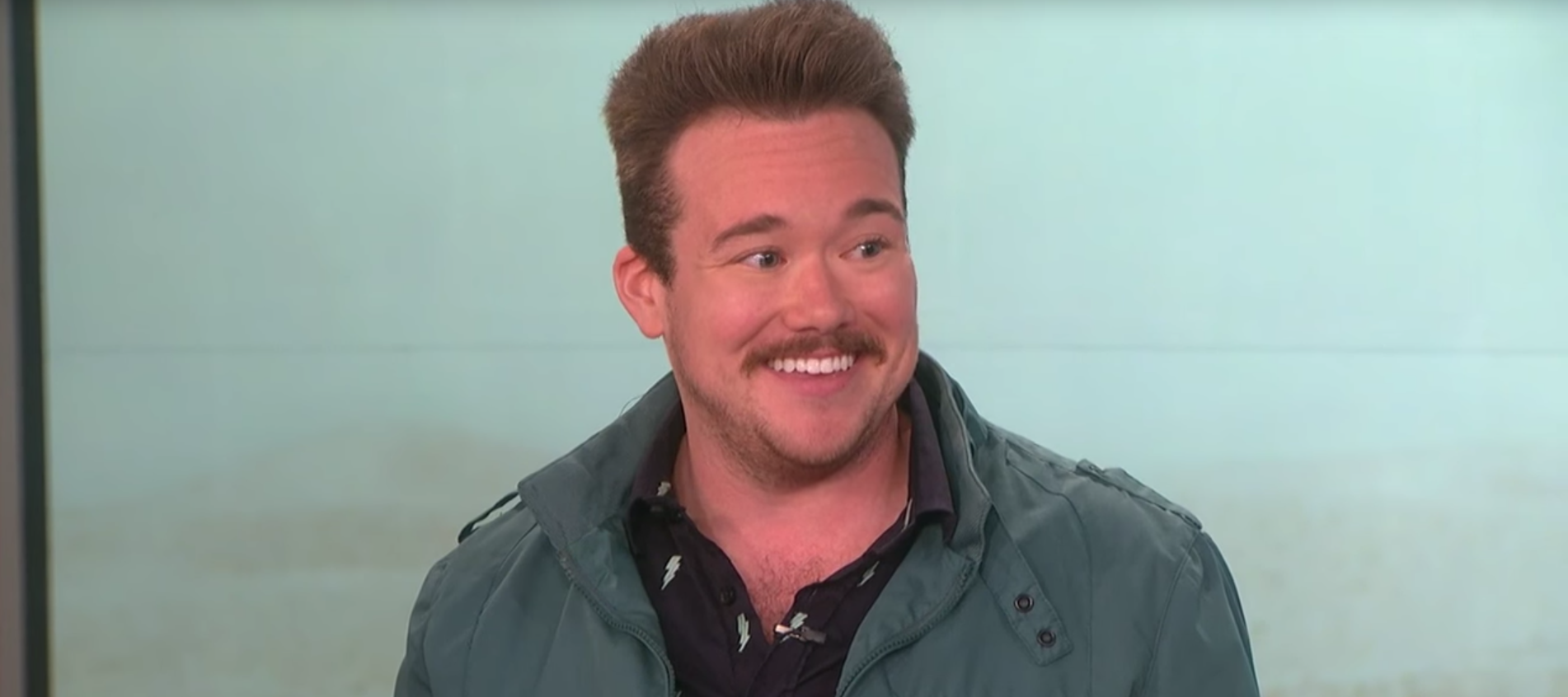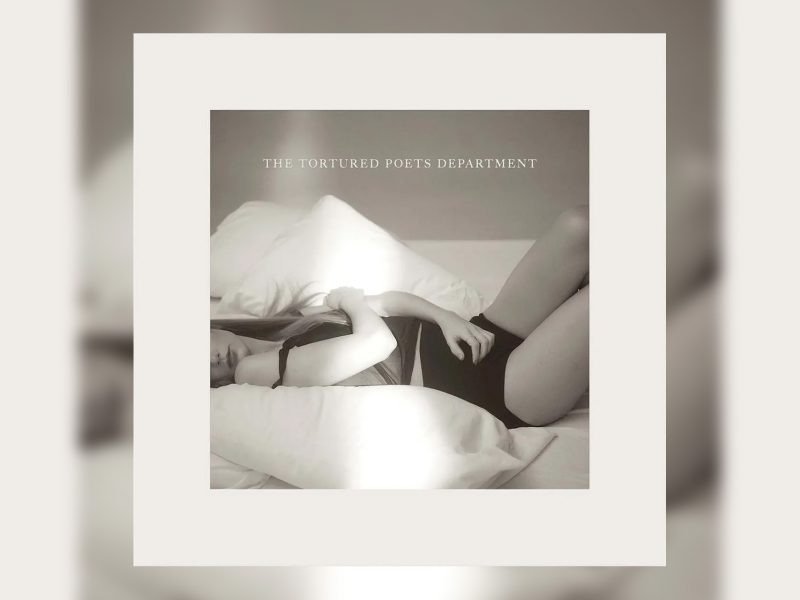How many times have fans of The Bachelor kept watching because Chris Harrison promised “the most dramatic ending in Bachelor history?”
Reality TV shows are successful because of the drama and conflict, with the exception of maybe The Great British Bake Off which thrives off a kinder and more wholesome demeanor. But by and large, it’s exciting to watch big, clashing personalities being rude at the expense of other contestants. It’s not kind, but it sure is good television.
In an April 12 episode of Survivor, contestant Jeff Varner felt he was about to be sent home. In a poorly thought-out Hail Mary, he sought to discredit a competitor in the most destructive way he could think of — to out fellow contestant Zeke Smith as transgender.
“There is deception here,” he said. “Deception on levels, Jeff, that these guys don’t even understand.… Why haven’t you told anyone you’re transgender?”
This situation asks whether the crew of Survivor had a larger responsibility to filter their content in a more respectful manner — to consider that, yes, the scene would be dramatic and exciting for viewers, but also that it hurts a person in an unequivocally malicious way.
The first person at fault, obviously, is Varner. Not only was Smith’s personal journey not one Varner should have felt any authority to share himself, but it also brings up larger issues, like the fact that Varner thought exposing Smith as trans would then paint him as untrustworthy because he kept his gender identity private.
“A person’s gender history is private information and it is up to them, and only them, when, how and to whom they choose to disclose that information,” Smith wrote in a guest column for The Hollywood Reporter. “Keeping your gender history private is not the same as a gay person being ‘in the closet.’ … My biggest concern was that if people knew, their opinion of me would change.”
But the Survivor producers missed the mark even further. They had an opportunity to decide not to air the clips of Varner outing Smith. This season was filmed in June and July 2016, giving the crew ample time — nearly nine months — to weigh the consequences. That’s a luxury those in live television don’t have and one they should have taken advantage of.
News broke Saturday that Boston Celtics guard Isaiah Thomas’ sister died in a car crash. He played in a game the very next day and suddenly, headlines and tweets and game highlights swirled around the fact that Thomas began crying during warmups. It was a tense, emotional moment, and one that Charles Barkley, among other analysts, noted was uncomfortable in a less-than-thoughtful manner.
Charles Barkley wants you to know he’s uncomfortable pic.twitter.com/Jbyo5pz8Rt
— Marcia Herold (@marciaherold) April 16, 2017
“It would have been easy and kind to turn the cameras off for a second and not broadcast Thomas’ tears to the watching world,” SB Nation’s Zito Madu wrote Monday. “But instead, it became a topic to be dissected and analyzed from the prism of how it would impact the basketball game.”
Of course, those in the news industry (and whatever form of twisted news or storytelling you want to sort reality television into) are usually not in the business of shying away from stories because they make people sad or uncomfortable. A journalist’s job is to report what happened. A reality television creator’s job is to take whatever small bit of drama they can find and blow it out of proportion until it’s entertaining.
But in the case of Survivor in particular, airing this story did nothing to help anyone. It wasn’t even exciting to watch as a viewer. It was uncomfortable and sad and ultimately unnecessary. It didn’t help Varner gain any leverage. He still went home and was subsequently fired from his job. And it certainly didn’t help Smith, who, though he signed up to be on television, never asked for his extremely personal life journey to be broadcast to upward of seven million viewers.
The amount of television content has skyrocketed in the past few years, and content creators are in an entertainment arms race to create the most exciting show to rope in viewers. But maybe we’d all be better off if more shows took a page out of The Great British Bake Off’s book. Reality television could use a dose of compassion.



